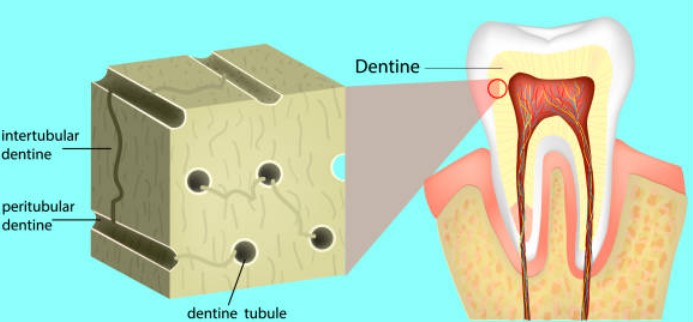Understanding the Risks of Root Canal Treatment
Root canal treatment, also known as endodontic therapy, is a dental procedure used to treat infection or inflammation within the tooth's pulp. Though root canal therapy is a common treatment, understanding these risks can help patients make informed decisions about their dental care and explore alternative, less invasive treatments, such as biological dental root regeneration.
- Infection
- Tooth Fracture
- Incomplete Removal of Infected Tissue
- Persistent Pain or Discomfort
- Abscess Formation
- Systemic Health Risks
- Discoloration

The risks and complications associated with root canal treatment can include a variety of potential issues, such as infection, tooth fracture, incomplete removal of infected tissue, persistent pain and discomfort, abcess formation, systemic health risks, and discoloration.
Infection
Residual Bacteria: Despite meticulous cleaning and disinfection, some bacteria may remain in the root canal system, leading to persistent or recurrent infection.
Tooth Fracture
Brittleness: A tooth that has undergone a root canal may become more brittle and prone to fractures over time because the procedure removes the tooth's nerve and blood supply, which can compromise its structural integrity.
Restoration Failure: Crowns or fillings placed after a root canal can fail, leading to fractures or cracks in the treated tooth.
Incomplete Removal of Infected Tissue
Complex Root Anatomy: Some teeth have complex root canal systems that are difficult to clean thoroughly. If any infected tissue remains, it can cause ongoing issues.
Missed Canals: Occasionally, additional canals may be overlooked, leading to incomplete treatment, and possible recurrent infection.
Persistent Pain or Discomfort
Post-Operative Pain: It is common to experience some pain or discomfort after a root canal treatment, but in some cases, the pain can persist for weeks or even months.
Nerve Damage: In rare cases, the procedure can cause damage to surrounding nerves, leading to chronic pain, or altered sensation.
Abscess Formation
Reinfection: If bacteria are not completely or properly eliminated, they can multiply and form an abscess, a painful collection of pus that may require further treatment.
Perforation: Accidental perforation of the root canal wall during the procedure can lead to the formation of an abscess.
Systemic Health Risks
Bacterial Spread: In rare cases, bacteria from an infected tooth can enter the bloodstream and spread to other parts of the body, potentially leading to serious health conditions such as endocarditis, an infection of the inner lining of the heart
Discoloration
Tooth Darkening: A tooth that has undergone a root canal may become discolored over time, which can affect its appearance.
Exploring Alternatives
Given the potential risks associated with root canals, patients may consider alternative treatments, such as Pulp Regenerative Therapy, also known as PRT. This innovative technique integrates both biological cleansing and regenerative therapy to clean, disinfect and regenerate damaged pulp tissues within the tooth, preserving its natural structure and function. It potentially reduces many of the risks associated with traditional root canal therapy. However, not many biological or holistic dentists are aware of or trained in this treatment, as it requires both the technique and knowledge of a biological dentist.
Advances in dental technology and alternative treatments like biological dental root regeneration offer promising solutions that may mitigate these risks and improve patient outcomes. By discussing all available options with their dentist, patients can choose the best course of action for their individual needs and preferences.
At Seattle Dental Care, our biological dentist ensures to provide each of our patients with a positive and relaxing experience. If you're ready to experience the best biological dental care, please contact holistic dentist Seattle WA at (206) 728-1330 or visit us at 2107 Elliott Ave Ste 210, Seattle, WA 98121. We will be happy to guide you further.
MON - SUN 8:00 am - 5:00 pm
2107 Elliott Ave Ste 210,
Seattle, WA
Phone : (206) 728-1330Text Us : (206) 728-1330





